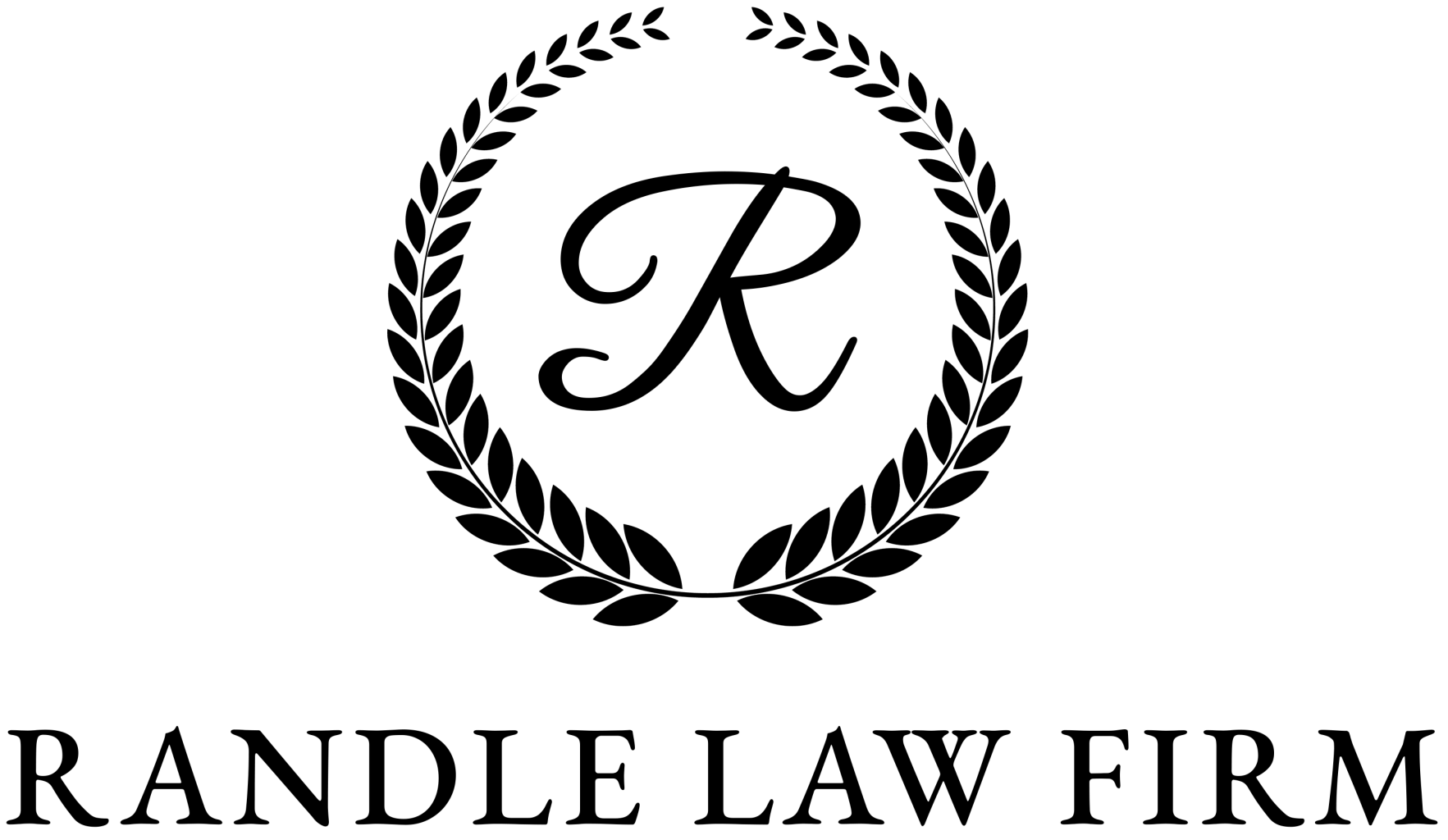Divorce & Bankruptcy
Don’t Let A Divorce
Destroy Your Financial Future
Divorce and debt often go hand in hand. There are two main reasons for this:
- Decreased income. People who may have met their financial obligations while they were married may find that they can no longer do so when they are single. This is especially true when one spouse has not worked for a long time or has limited education or earning potential. When one or both spouses lose a job prior to the divorce, the problem only worsens.
- Increased expenses. Child support or spousal support payments can drain a divorced person’s finances, as can the divorce process itself. Many individuals find that they are simply unable to meet the obligations set forth in the divorce decree because of the new expenses they have incurred from maintaining a separate household.
If you are struggling financially after a divorce and can see no realistic way of keeping up with your financial responsibilities and mounting debts, personal bankruptcy may be your best choice for regaining financial health. Figuring out the timing of the bankruptcy and the divorce is a matter for discussion with an experienced debt relief attorney.
Address Marital Debts Sooner, Not Later
If you are under financial stress and considering divorce, you can benefit from discussing your situation with a bankruptcy attorney. As your lawyer, I can review your finances with you and help you determine if a Chapter 7 or Chapter 13 bankruptcy is right for you.
Sometimes, it is better to go through bankruptcy before a divorce. If you had financial difficulties during your marriage, it is highly likely that you and your spouse will have financial problems after divorce. By tackling important financial issues prior to a divorce, you can end up saving money while starting a new life without many of your marital debt burdens.
Consider this example:
A husband runs up $25,000 in credit card debt during a marriage using a credit card that is in both spouses’ names. The divorce court order requires the husband to pay for the credit cards; however, after the divorce, the husband stops paying the debt. Because the divorce court has no control over the contract that was made with the credit card company, the credit card is legally able to collect from the wife, even if she has no means to pay the debt.
Although the wife may seek reimbursement from her ex-husband through the divorce court, this will not stop the creditor from suing her, ruining her credit and potentially garnishing her wages. By declaring bankruptcy, the wife can avoid paying some or all of the unsecured debt.
Repay Child Support Or Alimony In A Chapter 13 Debt Restructuring
While Chapter 7 bankruptcy typically does not allow you to discharge obligations stemming from divorce or child custody proceedings, a Chapter 13 repayment plan can enable you to restructure back child support and other divorce obligations. You may be able to structure back child support payments over five years and pay what you can toward debts you are required to pay pursuant to a divorce decree.
A Chapter 13 bankruptcy puts you in control of divorce debt instead of being forced into a wage garnishment or contempt action in state court.
Free Consultation For Consumer Bankruptcy
A skilled bankruptcy lawyer can help you out of a tough financial spot, before and after a divorce. For more information on how I can help you, contact me online or at 423-521-8000.
We are a debt relief agency. We help people file for bankruptcy relief under the Bankruptcy Code.








